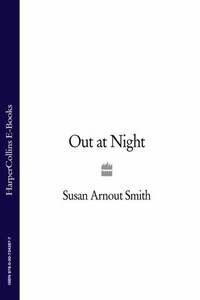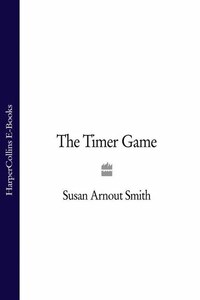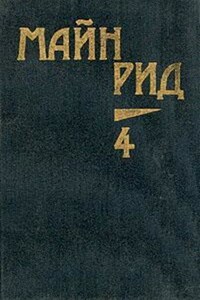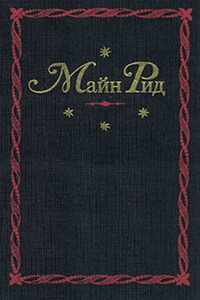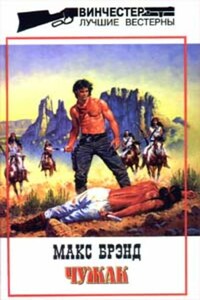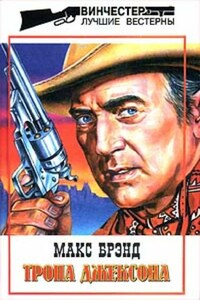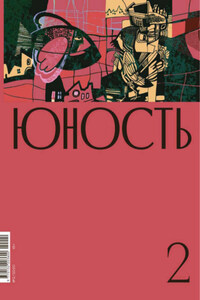“She’ll call the police if I don’t come home.”
Professor Thaddeus Bartholomew kept his hands on the wheel the way he’d been directed, his eyes straight ahead. Actually it was a desperate gamble, his last. His wife had been dead over two years.
“Shut up and drive.” The man in the seat next to him pressed the snout of the revolver against Bartholomew’s thigh and he tensed involuntarily and felt the gun nose him hard.
In the headlights, giant windmills whirred against the night sky. They’d been driving toward Palm Springs for almost half an hour and they were getting close.
Bartholomew had spent the entire time searching his mind for a way out and finding none. He was a scholar, at home in the tranquil world of old wars and settled battles; the voices that called to him were the ones that lived on the page and in polite debates on the History Channel. He realized in that instant he could speak so confidently about history because it was done.
It wasn’t sitting next to him reeking with sweat, crazed with some plan to maim and kill a substantial part of the world’s population.
A plan Bartholomew feared had every chance of working.
Bartholomew rubbed his hands on the wheel and tried again. “Maybe I’m wrong. Maybe you could talk to me about it again. Make me see.” His voice held a tremor he didn’t like.
“Turn left here.” The gun jabbed him again.
“Careful with the gun.” Bartholomew instinctively jerked the wheel toward the dark dirt road leading between the high fields of soy. He slowed to avoid a sudden dip in the road.
He thought despairingly of how he’d almost made it to the car when the man had emerged from the shadows of the parking garage. He could admit it now; why lie, what was the point? He’d been flattered, more than happy to stand there a few moments listening. Relieved to postpone going home to an empty house and his solitary meal.
They’d talked before; or more precisely, he’d listened to him rant. Bartholomew wasn’t a man given to snap criticisms, but this man scared him.
At least he did now.
There’d been enough signs.
Documented. Why hadn’t he ever documented what the man was saying?
Ironic, when he thought about it. His lifework had been spent painstakingly resurrecting those marginalized, forgotten ones history had relegated to footnotes: the dispossessed, disenfranchised, the lost. Yet here was one of that very number whose words Bartholomew hadn’t thought to record. And the ingenious plan the man proposed had made him recoil in horror. The very next instant, it seemed, he’d found a gun pressing into his side.
Fast. It had happened so fast.
He wasn’t going to make it out of this.
Not alive.
“Stop right here.”
They were in a small dirt parking lot next to a four-acre plot of soy contained by a barbwire fence. On the fence was a sign:
USDA EXPERIMENTAL SOY PROJECT 3627
DO NOT ENTER
VIOLATORS WILL BE PROSECUTED
“Turn off the engine.”
Bartholomew shivered, his head bowed. The man reached over and switched the engine off, yanking out the keys.
“Move.”
“Where?” His lips were numb.
He’d left the headlights on and in the wash of light, barbwire hung in strands where it had been cut, revealing a hole large enough for a man to crawl into the dark rows of soy.
“I’m giving you to the count of ten.” His voice was flat.
Bartholomew lurched off the seat and scrambled toward the gaping hole, his heart hammering.
“One.”
He clawed through the fence break, his jacket catching on the barbwire, and plunged into the soy. A cloying, sweet smell bit his nostrils. The ground was uneven and the darkness almost impenetrable. He stumbled and went down hard on his knee, feeling the dark cold earth and the familiar odor of mulch. Pain shot through his knee.
“Two.”
The voice was coming from the outside perimeter of the fence.
Bartholomew whimpered and immediately cut it off, swallowing the metallic taste of fear that was flooding his mouth. He grasped a sturdy plank of soy and heaved himself up. The stalks upended under his weight, the roots leaking clots of dirt. He took a staggering step and regained his balance. The pain was volcanic, roaring up his thigh into his groin.
